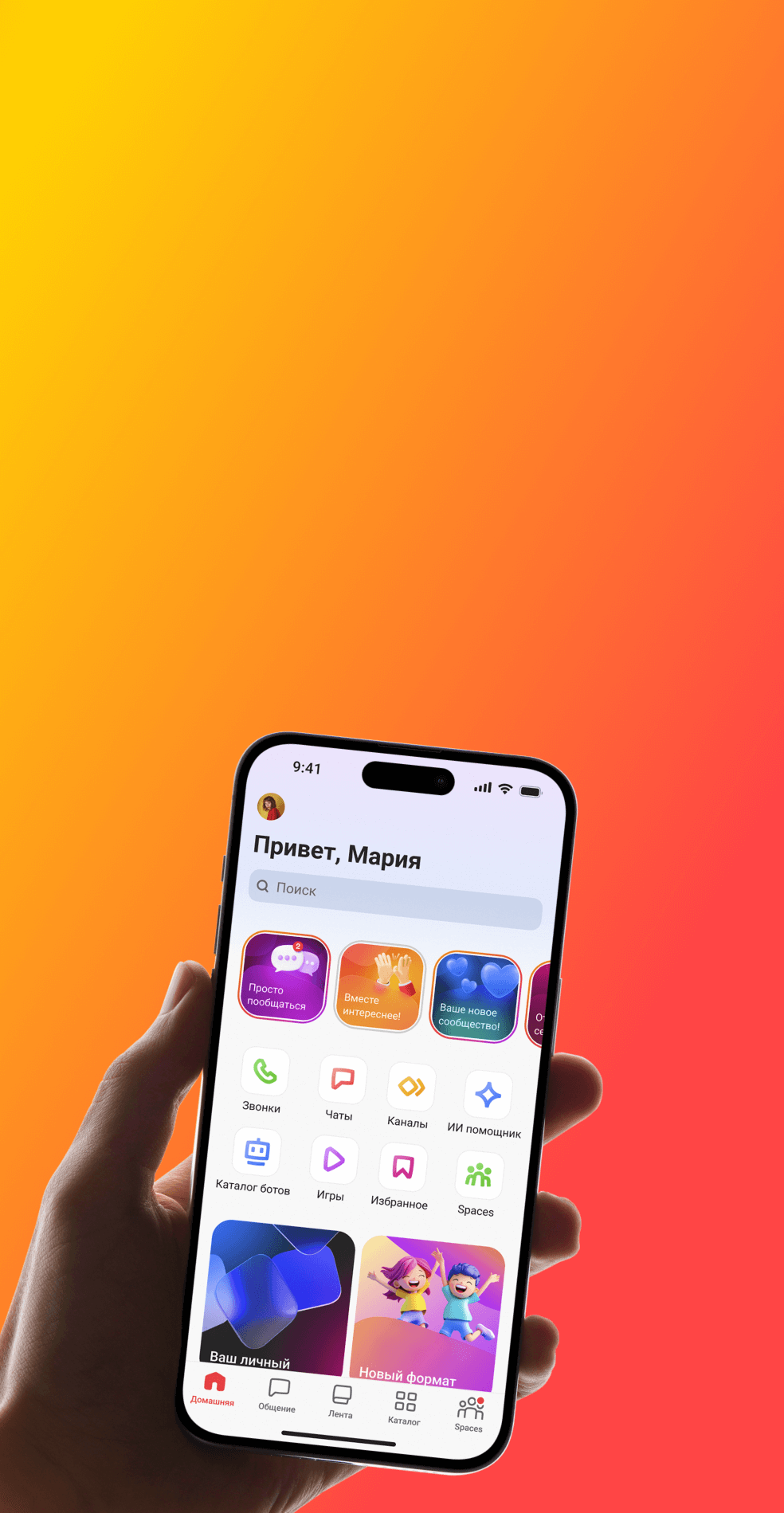
Baidu Aims for a "Google Translate" for Cats (and Dogs)
Chinese tech giant Baidu has filed a patent application with CNIPA for a system capable of translating animal sounds. While still in the early research stages, Baidu's intentions are clear: to carve out a promising niche in the human-pet communication market.
The commercial logic here is straightforward. Millions of pet owners worldwide would undoubtedly be keen to get their hands on a long-awaited "translator" from cat or dog. Being able to understand what's bothering their beloved animal, what it's "saying" – this isn't just a fun gadget, but also a potential solution to many problems. Furthermore, Baidu is thinking bigger: the technology could also find applications in agriculture, helping farmers better understand the needs of livestock, potentially leading to reduced losses.
However, as is often the case, the academic community has a different perspective. Scientists involved in similar projects question whether animals themselves even desire deeper communication with humans. Perhaps their communication with us is limited to getting what they want. In their view, it would be far more interesting to understand what animals "talk" about amongst themselves. Imagine the secrets of marine life that could be unlocked if we learned to understand the "language" of whales!
Moreover, there's an even more futuristic angle. Developing such AI systems could be key to understanding extraterrestrial civilizations, should we ever encounter them. After all, aliens might use entirely different forms of communication, not based on our familiar speech. In this context, Baidu's ambitions extend far beyond cute interactions with pets, touching upon fundamental questions about our place in the universe.
What's next: While Baidu's development is in its early stages, the very act of filing a patent application signals the company's serious intentions. Whether the Chinese giant will succeed in creating a true "Google Translate" for animals and whether this will open new horizons in our understanding of the living world remains to be seen. But the idea itself looks like a promising startup within a major corporation, capable of revolutionizing our perception of communication.

